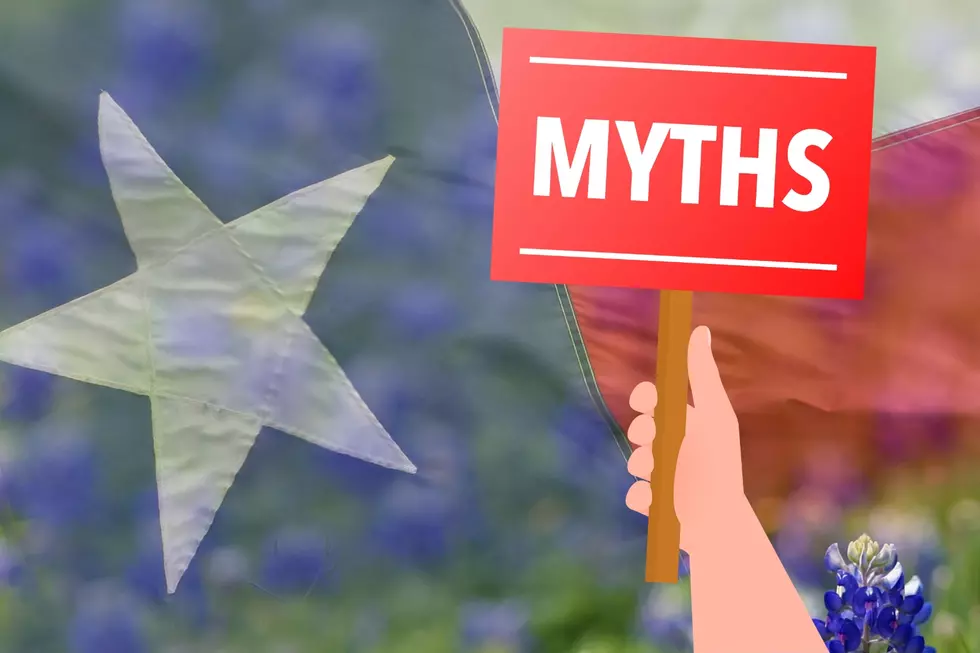
Do You Haggle For a Better Price? You Should!
Do you haggle for a better price? Americans aren't really good at it. It's something that really wasn't excepted unless we were vacationing in Mexico, but we are learning! My husband John is from England and he is a haggler! Man, he's good at it too!
As John always says; You never know, unless you ask! That's exactly what Americans are finding out!
According to Consumer Reports:
48 percent of shoppers tried bargaining for a better deal on everyday goods and services in the past three years, down from 61 percent in 2007. But if you’re chicken, you lose. Eighty-nine percent of those who haggled were rewarded at least once.
And what did they save on? Almost everything!
Consumerist.com came up with these tips to haggle:
1. Don’t be intimidated by a title. Consumers are often reluctant to haggle with doctors or lawyers because they have many fancy degrees hanging on their walls and several letters after their names. But the fact is that most doctors, lawyers, dentists and other professionals will negotiate a lower price if you ask.
2. Give sellers a reason to negotiate. If there’s a long-term financial benefit to the seller to give you a deal, then point it out. For instance, if knocking down the price of a car will have you servicing the vehicle at the dealership, then say so. Try to convince the seller that this is the beginning of a longer financial relationship and not just someone out to score a one-off bargain.
3. Be willing to walk away. Don’t just threaten to go somewhere else with your money; be prepared to actually do so. So when you call up your wireless company to ask for a better deal on your new contract, know exactly what the competitor can offer you and be prepared to accept that if your current provider can’t make you a matching — or better — offer. In general, trained sales people can tell when a customer is just pretending to walk out the door and go elsewhere.
4. See whether the seller is anxious. Try to read the seller for signs of eagerness to close a deal. This is especially true in the real estate market, where there are plenty of sellers who are hemorrhaging money every month by holding on to a property they can’t afford. See how long a house has been on the market and if the price has dropped. Test the seller’s response to your indecisiveness. You may be able to score a huge discount by agreeing to make a deal sooner rather than later.
5. Decide on a fair price. Do your research in advance, and use it to make your case for the price you believe is fair. Also consider other factors beyond the sticker price into your total cost — some sellers will not budge on a sticker price, but they will deliver the product for free.
6. Stay mum. Talking too much can be to your detriment, while remaining quiet can reap benefits. “They’ll wonder if they’ve offended you,” says Steven Cohen, president of Negotiation Skills, which teaches corporate clients how to sharpen their bargaining techniques. “They’ll think, ‘Maybe what I said didn’t sound appealing,’ and they may repackage the offer into a more attractive one.”
7. Find flaws. Why should you pay full price for a flawed product, even if the flaw is incredibly minor and one you’d be willing to accept? If you notice the flaw, so will other potential buyers, so why not point it out and get a discount by taking the imperfect product off the seller’s hands?
8. Seek a discount for cash. Credit card transaction fees can take a bite out of a seller’s bottom line, so some are more than willing to give you a deal if you pay cash. Of course, you may be giving up some of the purchase protections offered by credit cards.
More From 100.7 KOOL FM







